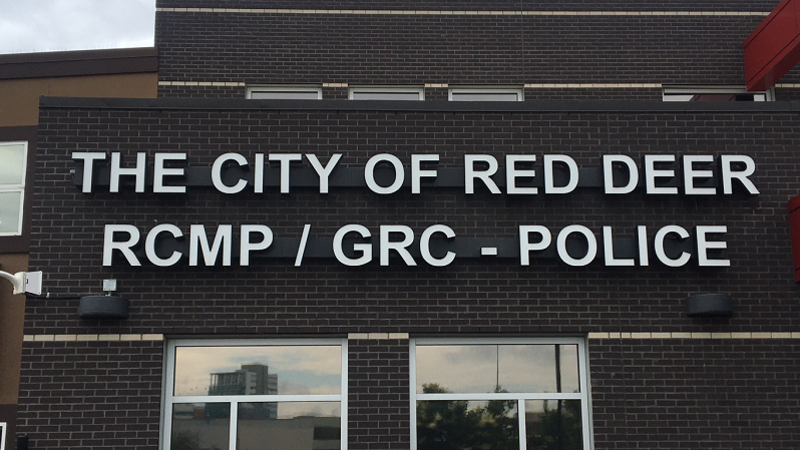
Municipalities shouldn’t be on hook for RCMP raises; AUMA, Red Deer city council
Red Deer city council is joining the Alberta Urban Municipalities Association (AUMA) in calling on the federal and provincial governments to pay for an increase in RCMP salaries.
This is the result of the Government of Canada and the National Police Federation (NPF) signing a six-year collective agreement on Aug 6, 2021, which comes into effect within 90 days of the agreement being signed.
According to the RCMP, as of April 1, 2022, a constable will make up to $106,576 a year, an increase of $20,000. A staff sergeant will make between $134,912 and $138,657. Constables make up more than half of the RCMP’s ranks.
The deal also includes retroactive increases going back to 2016, which was the last time the RCMP updated their wages.


